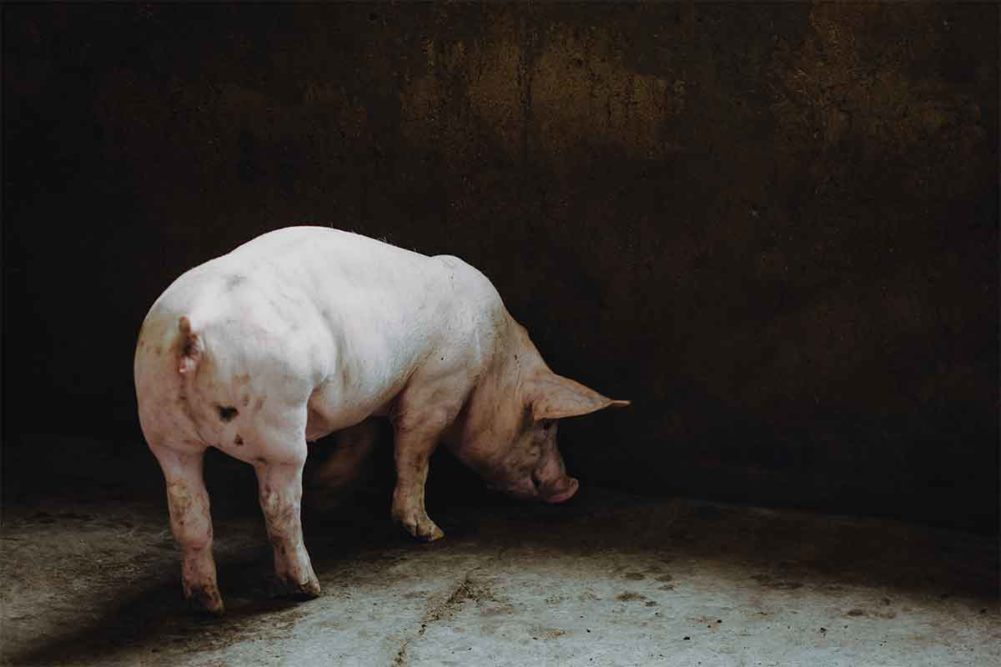WASHINGTON – US Department of Agriculture researchers under the Agriculture Research Service (ARS) announced on July 28 a new process for testing and detecting the presence of African swine fever (ASF) in live hogs. The new method reduces the need for samples from live animals and provides easier access to veterinary labs that need to diagnose the virus.
"We have identified a cell line that can be used to isolate and detect the presence of the live virus," said Douglas Gladue, PhD, an ARS scientist. "This is a critical breakthrough and a tremendous step for African swine fever virus diagnostics."
Before this announcement, ASF detection required collecting blood cells from a live swine for every diagnostic test, because the cells could only be used once. This new cell line can be continuously replicated and frozen to create cells for future use, reducing the number of live donor animals needed.
ARS also said this new cell line is commercially available to veterinary diagnostic labs that previously did not have access to test for ASF.
New ASF cases and reinfections remain in parts of China but cases in other parts of Asia and Southeast Asia continue to spread. Other major areas of concern currently include Poland and the country of Georgia. There has never been a detected case of ASF in the United States.


